With the conclusion of the 56th session of the United Nations Human Rights Council (UNHRC or the 'Council'), held from 18 June - 12 July 2024, the International Bar Association's Human Rights Institute (IBAHRI) reflects on the key discussions and outcomes of the session, the side events held and the resolutions passed.
Highlights of the 56th session of the UN Human Rights Council and IBAHRI's relevant engagement
China - a disappointing human rights review
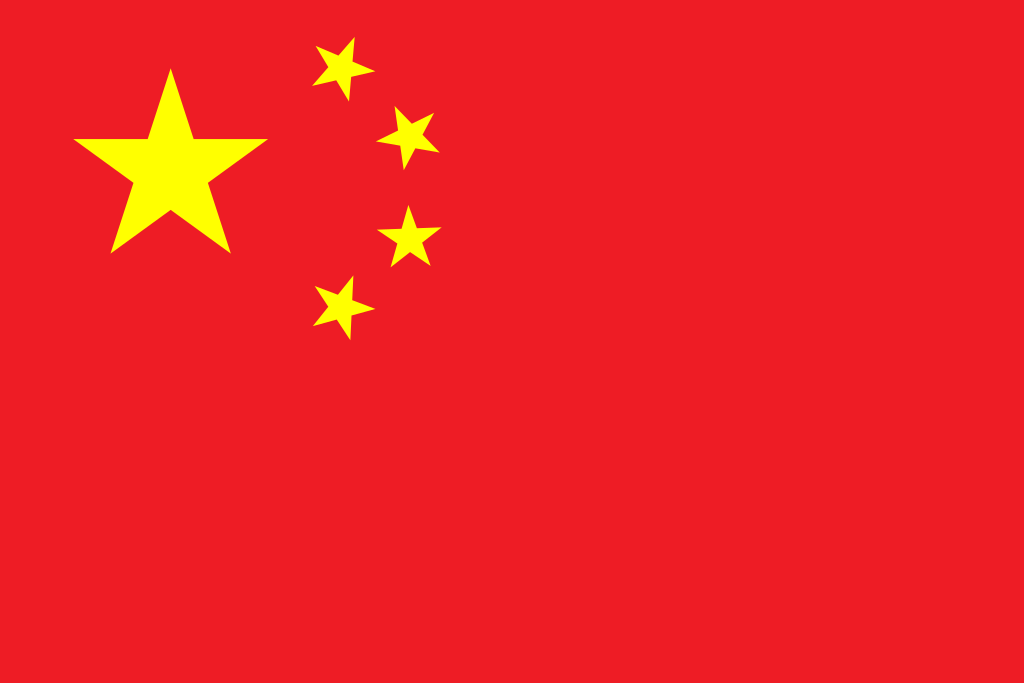
Opportunities to put human rights violations committed in China under the UN spotlight are rare. The Universal Periodic Review (UPR) of China is one of those regular appointments (every 4.5 years) which creates momentum and helps shed some light and raise UN Member States awareness of these violations.
The IBAHRI also co-hosted a side event on gender apartheid titled 'Importance of Coordinated Accountability Strategies for Women and Girls' Rights in Afghanistan' and participated in roundtables with national and international NGOs and HRDs from Afghanistan. The roundtables included a discussion on engagement with the ICC.
The IBAHRI regrets that the disappointing review of China resulted in just a formality. China promptly and diligently published a report, on 31 May 2024, rejecting 30 per cent of recommendations. Sadly, the recommendations rejected were those concerning its worst human rights violations: Hong Kong's
security law: forced labour; forced sterilisation of Uyghurs and other minorities in Xinjiang and Tibet; and attacks against LGBTQ+ activists, human rights defenders, pro-democracy activists, lawyers and journalists. China, in justifying their rejection, argued that the recommendations were based on 'false information' or that they had been already implemented. Unfortunately, China has yet to implement dozens of recommendations from UN human rights experts and committees, including the Committee on the Elimination of Racial Discrimination.
The International Service for Human Rights, jointly with other organisations, including the IBAHRI, delivered a statement commenting on the adoption of China's fourth UPR. The statement raised concerns about action by China which run counter to the UN human rights system, such as reprisals against human rights defenders, refusals to give access to the country for UN experts and attempts to block non-governmental organisation (NGO) access to the Council. The joint statement urged China to genuinely engage with the UN human rights system and called upon the UNHRC to establish a monitoring and reporting mechanism on China. A similar call came also on three other occasions from UN experts on June 2020, June 2022 and September 2022.
Independence of judges and lawyers and attacks against International Criminal Court
The IBAHRI welcomes the adoption of the Resolution on Independence and Impartiality of Judges and Independence of Lawyers, focusing on the use of digital technologies, including artificial intelligence (AI). The IBAHRI welcomes the inclusion of language addressing serious concerns relating to the potential negative impact on international fair trail standards, including equality of arms, confidentiality and the protection of legal professions, as well as risks connected to judicial independence and impartiality, the perpetration of existing stereotypes, discrimination or harmful biases. We also welcome the emphasis on the need to always ensure human monitoring, scrutiny and accountability with respect to the use of AI in the administration of justice. The IBAHRI actively participated in the negotiations and substantially contributed to the Resolution.
The IBAHRI welcomes the report that the UN Special Rapporteur on the independence of judges and lawyers has presented to the Council, and to which the IBAHRI substantially contributed, which focuses on the role of the legal professions in defending democracies. Judicial independence is a prerequisite to the rule of law and to the realisation of human rights, including the right to a fair trial and to an effective remedy. However, in recent years, the independence of judges, prosecutors, lawyers and bar associations was severely challenged as a consequence of weakening democracies around the world. Despite these adverse environments, many judges, prosecutors and lawyers continue to make decisions to uphold democracy and protect human rights. Against this backdrop, the International Commission of Jurists (ICJ), the IBAHRI and the Due Process of Law Foundation (DPLF) proposed a side-event to discuss challenges and strategies to strengthen the independence of judges and lawyers and their role in defending democracy and human rights, promoting accountability and ending impunity. Conclusions have been drawn from concrete situations in different regions and contexts that share common features. The panel featured, among others, the UN Special Rapporteur on the Independence of Judges and Lawyers and Mark Ellis, Executive Director of the International Bar Association (IBA).
The Law Council of Australia (LCA), together with the IBAHRI, delivered an oral statement during the interactive dialogue with the Special Rapporteur on the independence of judges and lawyers. The statement condemned Hong Kong's Safeguarding National Security Ordinance (the 'Ordinance'), which restricts the rights to freedom of expression, assembly and undermines the right to a fair trial by, inter alia, delaying access to lawyers and enabling access to certain lawyers or firms. The Ordinance's provisions can be arbitrarily interpreted and easily abused, they also lack sufficient safeguards for the legitimate activities of actors protected by international law. The IBAHRI and the LCA called for, inter alia, the monitoring of the Ordinance's implementation and compliance with international obligations and human rights standards.
IBAHRI welcomes that a number of states expressed deep concerns at recent attacks on the International Criminal Court (ICC). In its oral statement during the interactive dialogue with the UN Special Rapporteur on the independence of judges and lawyers, the IBAHRI stressed that judicial independence is a key pillar of the rule of law, and this also includes the independence of international judicial institutions. The IBAHRI expressed deep concerns at the recent attacks, threats and intimidation against the ICC, and condemned sanctions against its officials. The ICC is the world's first and only permanent international criminal court, a key component for international peace and security. The IBAHRI recalled that these acts of reprisal are aimed at obstructing the course of justice, jeopardising victims' access to justice and undermining the critical role that the ICC plays in ensuring accountability for the most serious international crimes. The ICC's integrity and independence must always be protected from any political interference and pressure. We must stand with victims and those who seek justice, united against impunity.
Women's rights and gender apartheid, including in sport - Afghanistan and The Gambia
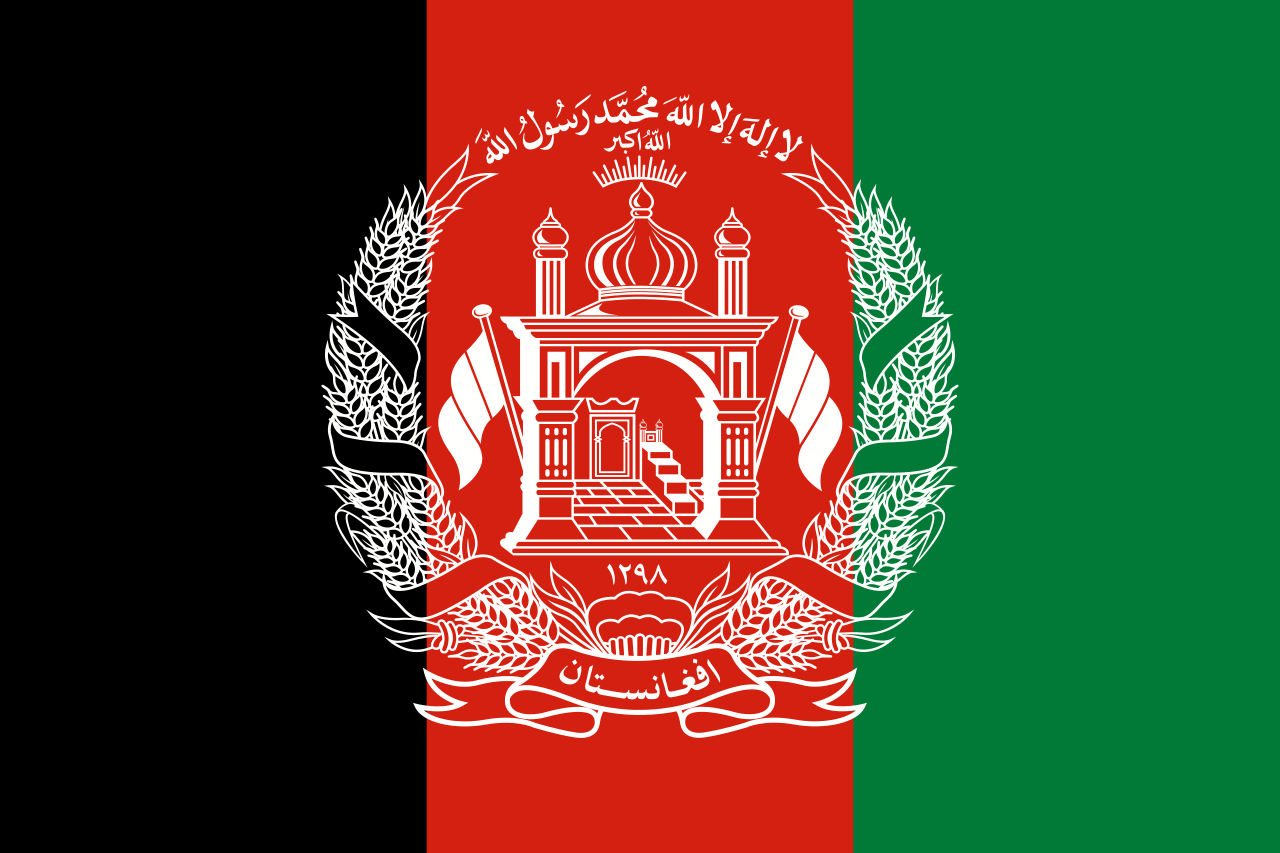
The IBAHRI welcomes the adoption of resolutions on the elimination of all forms of discrimination against women and girls. June's session of the UNHRC traditionally focuses on issues relating to women's rights.
On this occasion, the IBAHRI organised a side event focusing on the situation of women and girls in Afghanistan (and Iran). The session - co-hosted with the World Organisation Against Torture, the International Service for Human Rights, the Afghanistan Democracy and Development Organisation, the Georgetown Institute for Women, Peace and Security, Human Rights Defenders Plus and Shahmama - examined the issue of gender apartheid and the legal and political responses needed.
The panel featured Dorothy Estrada-Tanck, Chair of the UN Working Group on discrimination against women and girls and Lady Helena Kennedy LT KC, Director of the IBAHRI. The session was also the occasion on which the IBAHRI's work on the Gender Apartheid Inquiry and the toolkit were presented for further engagement.
The IBAHRI also co-hosted a side event on gender apartheid titled 'Importance of Coordinated Accountability Strategies for Women and Girls' Rights in Afghanistan' and participated in roundtables with national and international NGOs and HRDs from Afghanistan. The roundtables included a discussion on engagement with the ICC.
On the occasion of the quadrennial panel on promoting human rights through sport, the IBAHRI raised the issue of women and girls being excluded from sports and, in particular, the situation in Afghanistan, where female athletes are living in hiding and in constant fear. Without women being able to meaningfully join and engage in all aspects of their lives, including sports, they will remain second-class citizens.
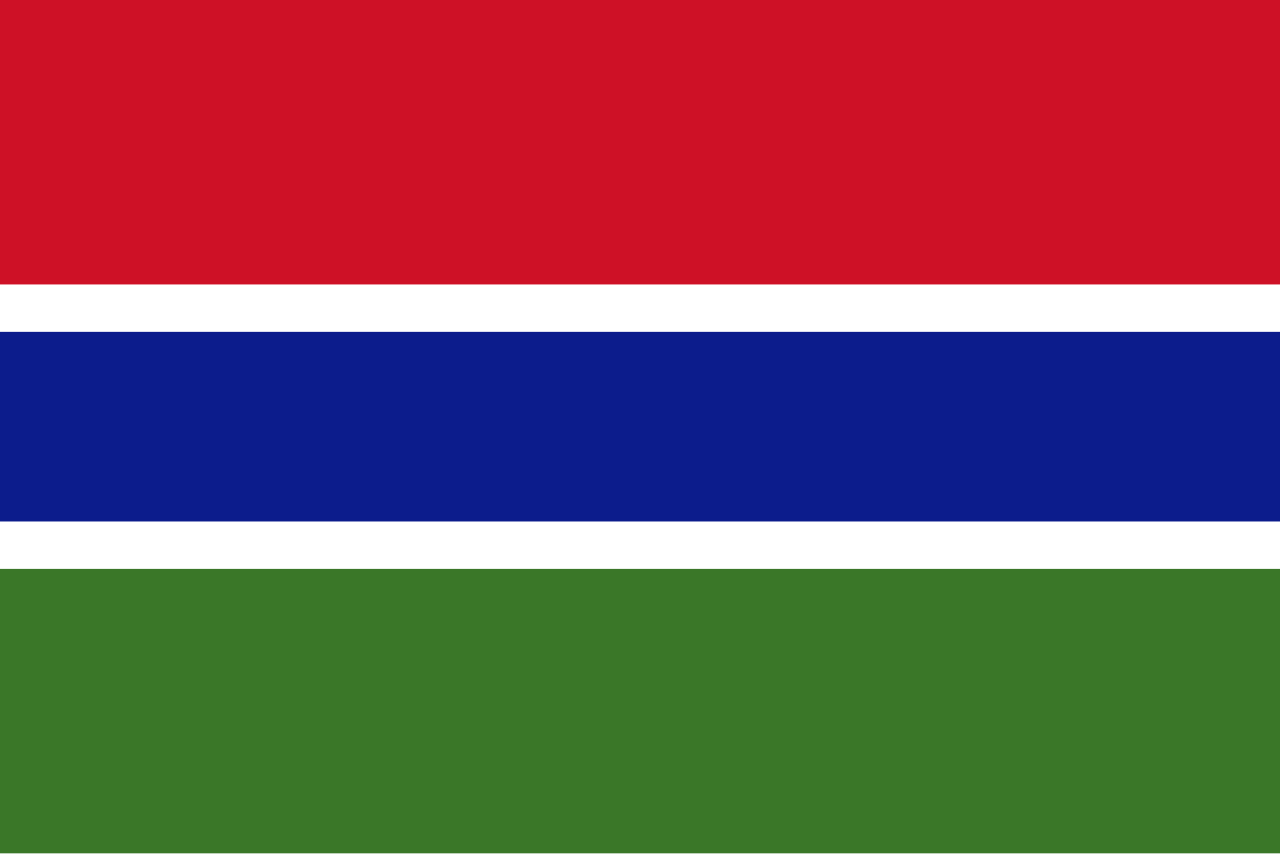
During annual discussion on women's rights, the IBAHRI and the Female Lawyers' Association - Gambia (FLAG) condemned the introduction of the Women's (Amendment) Bill 2024 in The Gambia. The Bill, which sought to lift the existing ban on female genital mutilation and circumcision (FGM/C) under the Women's (Amendment) Act 2015, contravenes The Gambia's international and regional obligations to respect, protect and fulfil the human rights of women and girls, including, inter alia, the rights to life, health, equality and non-discrimination, and freedom from torture and ill-treatment. The IBAHRI and FLAG urged The Gambia to reject the Bill and called for the support of the UNHRC in this regard.
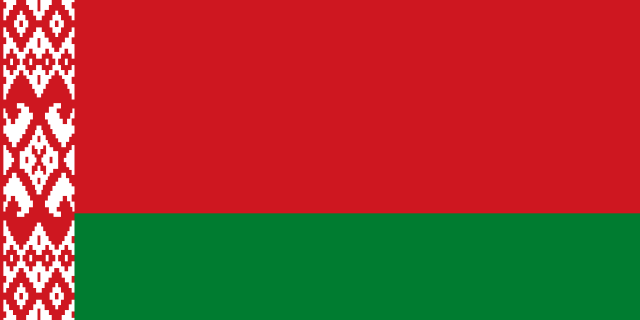
Belarus
During the interactive dialogue with the UN Special Rapporteur on Belarus, the IBAHRI delivered an oral statement thanking the outgoing UN Special Rapporteur, Anais Marin, for her work over the past six years. The statement, co-sponsored by the Law Society of England and Wales and Lawyers for Lawyers, addressed the systematic and widespread attacks, including judicial harassment against lawyers in Belarus, with a focus on emblematic cases of lawyers arbitrary detained, including the detention of lawyer Maksim Znak, detained incommunicado since 2022.

Burundi
During the interactive dialogue on the oral update of the Special Rapporteur on Burundi, the IBAHRI condemned the ongoing human rights violations in the country, including the hostility towards independent civil society and media, the targeting of real and perceived opposition members with extrajudicial killings, enforced disappearances, arbitrary detention and torture, among others. The IBAHRI raised the need for justice and accountability for all human rights violations, including the several
waves of ethnically motivated atrocity crimes, through investigating and prosecuting perpetrators, establishing the truth in relation to gross human rights violations, supporting victims/survivors and ensuring better protections of human rights for all.
Eastern Europe - the rise of autocracies
The IBAHRI was pleased to co-sponsor a side event hosted by the Human Rights House Foundation on the rise of autocracies in Eastern Europe. In recent years, there has been a marked resurgence of authoritarianism in various parts of the world, including Eastern Europe. This rise has been characterised by restrictive legislation aimed at reducing civil society space, increased threats against HRDs, the erosion of democratic institutions and attempts to silence dissent.
The side event focused on the impact of rising authoritarianism on civic space, with an emphasis on freedom of peaceful assembly and association and freedom of expression, featuring case studies from Azerbaijan, Bosnia and Herzegovina, and Georgia.
While these states have different political and human rights records, they are all experiencing new or renewed human rights challenges related to growing authoritarianism. These challenges include: the reduction of civil society space; restrictive NGO legislation such as 'foreign agent' laws; the use or tacit approval of violence against independent voices; intimidation and smear campaigns against HRDs; illegal surveillance; defamation legislation; and the suppression of peaceful protests. The panel included Gina Romero, the new UN Special Rapporteur on the rights to freedom of peaceful assembly and of association.
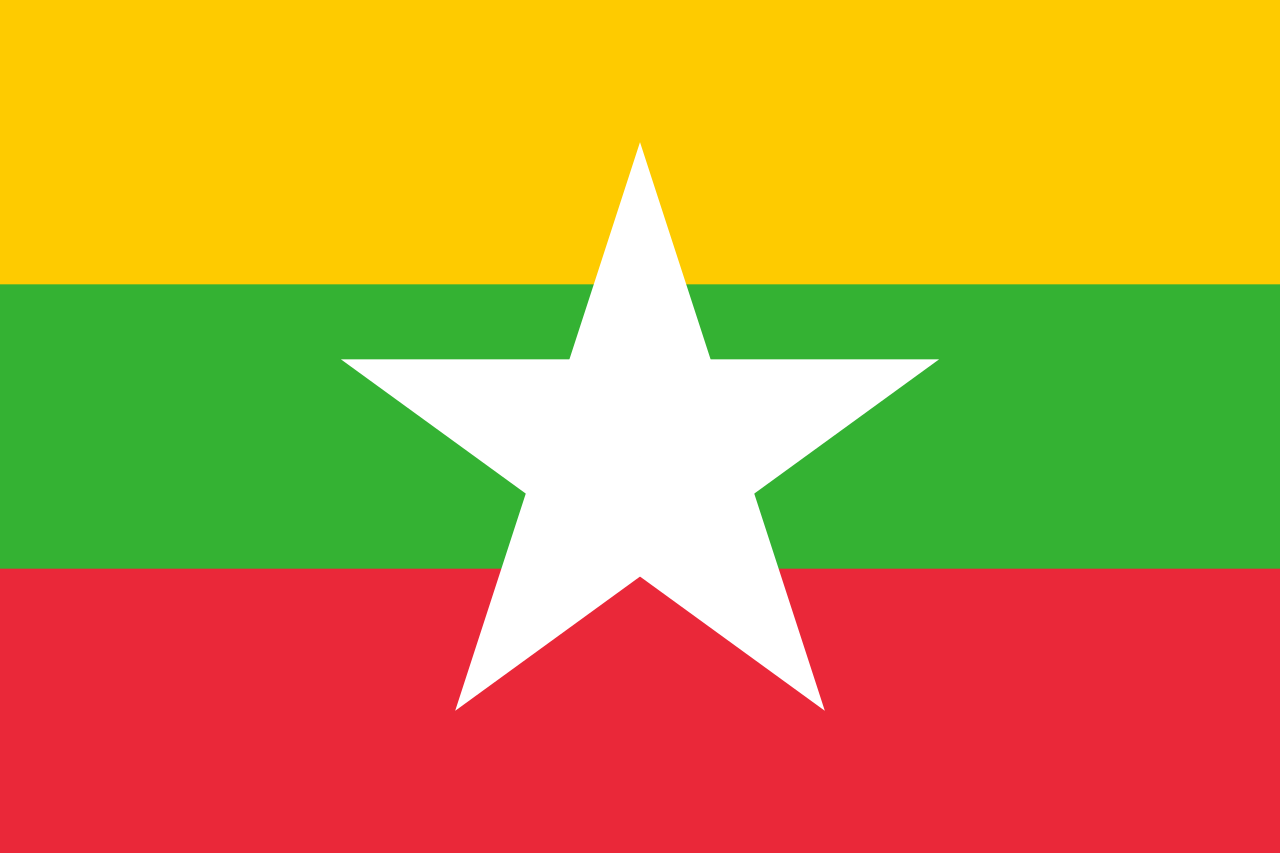
Myanmar
The IBAHRI welcomes the adoption of the Resolution on Rohingya minorities in Myanmar.
Lawyers' Rights Watch Canada, jointly with the IBAHRI, delivered an oral statement during the interactive dialogue on the oral report of the Special Rapporteur on the situation of human rights in Myanmar. The statement condemned the Myanmar junta's use of laws to legitimise human rights violations and atrocity crimes, such as the deployment of conscription laws to force thousands of civilians to attack other
civilians, adding to the internal displacement of over 2.8 million people and the flow of cross border refugees who are left without adequate protection.
The IBAHRI and Lawyers' Rights Watch Canada urged UN Member States and UN bodies to halt all engagement with the junta, stop the flow of weapons and ensure adequate international protection for all those forcibly displaced.
In a joint oral statement during the interactive dialogue with the UN Special Rapporteur on Myanmar, the LCA, LAWASIA (a regional law association for Asia and the Pacific) and the IBAHRI expressed grave concern regarding the Myanmar military's weaponisation of the legal system to maintain power, and to perpetrate and conceal systematic human rights violations with absolute impunity. The organisations highlighted that, since the unlawful coup in February 2021, the junta has criminalised protest and expression which is critical of the government, removed due process guarantees and procedural safeguards, and subjugated the judiciary to the military.
During the interactive dialogue on the oral progress report of the Special Rapporteur on Myanmar, the IBAHRI, the Law Society of England and Wales and Lawyers for Lawyers continued to condemn the ongoing atrocity crimes committed by the junta in Myanmar. In recent months, there have been further reports of the junta targeting pro-democracy activists and human rights defenders, including lawyers and journalists. There are also reports of widespread torture and ill-treatment of detainees, including prison authorities beating female political prisoners and prolonged solitary confinement. The IBAHRI and partners continued to urge: (1) the UNHRC and the High Commissioner to respond robustly to the ever-worsening situation in Myanmar; and (2) the international community to call for a moratorium on the death penalty and to use all possible avenues to hold the junta accountable for all international crimes that are being committed.
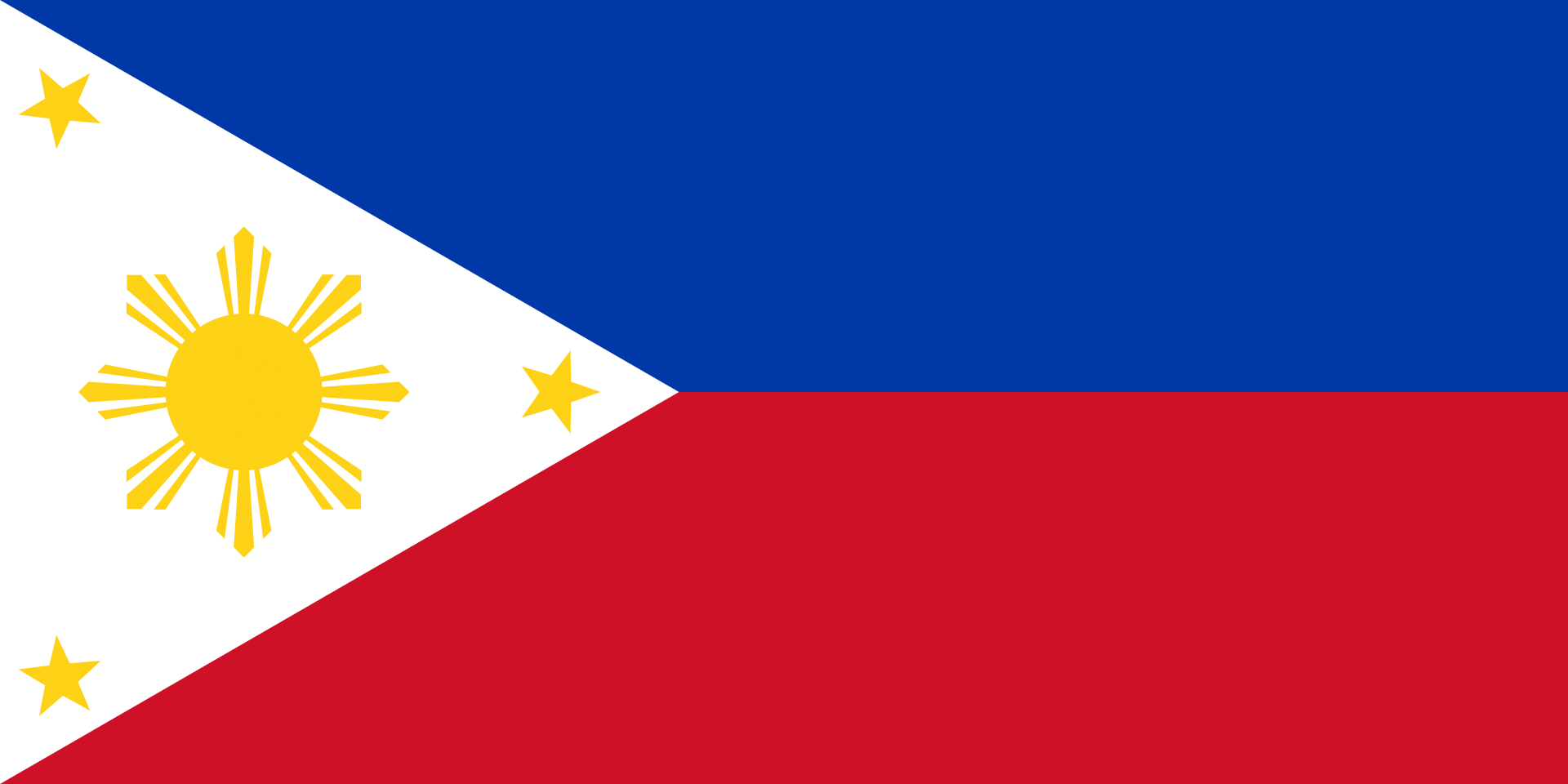
Philippines - summary executions
The IBAHRI collaborated with the LCA on a joint statement during the interactive dialogue with the Special rapporteur on Extra Judicial Killings. The statement stresses that IBAHRI and LCA remain concerned regarding the extrajudicial killing of lawyers in the Philippines. It also highlighted that red-tagging remains an element of the harassment involved in attacks on lawyers. Since June 2022, four lawyers have been killed in connection with the exercise of their professional duties. Prosecutor Eleanor Dela Peña was killed on 10 June.
The two organisations also welcome the recent decision of the Supreme Court of the Philippines declaring that red-tagging, vilification, labelling and guilt by association threaten a person's right to life, liberty and security.

Russia-Ukraine
The IBAHRI was delighted to co-sponsor a side event hosted by the International Federation for Human Rights (FIDH) on Enforced Disappearance in Ukraine: The Russian Federation's method of war. The panel featured H E Ambassador Yevheniia Filipenko, Permanent Representative of Ukraine in Geneva.
Freedom of expression and association and assembly
The IBAHRI welcomes the Resolution on Freedom of Expression emphasising, inter alia, the growing trend of strategic lawsuits against public participation (SLAPPs) and calling on governments to adopt and implement measures to discourage such practices. It mandates a report and expert workshop to explore the impact of SLAPPs. The IBAHRI took part in informal negotiations on the Resolution on Freedom of Opinion and Expression and noted the weaponisation of laws and multifaceted attacks faced by journalists, including through cyber surveillance and online abuse.
The IBAHRI welcomes the report that the interactive dialogue with the Special Rapporteur on freedom of opinion and expression presented during the UNHRC's 56th session which focused on journalism in exile. The High Level Panel of Legal Experts on Media Freedom, to which IBAHRI serves as the Secretariat, contributed to the Special Rapporteur's report. The report noted the recommendations of the High Level Panel in this area contained in their Advisory Enforcement Report on Providing Safe Refuge to Journalists at Risk, and the progress made to date in the Media Freedom Coalition's implementation of these recommendations. During the interactive dialogue, the Media Freedom Coalition of States - to which the High Level Panel serves as the independent advisory body - delivered a joint statement.
The IBAHRI welcomes the Resolution on Freedom of Association and Assembly focusing on the role of law enforcement agents, including their use of less lethal weapons.
Death penalty
The IBAHRI was pleased to co-sponsor the commemorative event of the 35th Anniversary of the adoption of the Second Optional Protocol to the International Covenant on Civil and Political Rights, aiming at the abolition of the death penalty, co-organised with Belgium and the International Commission Against the Death Penalty (ICDP).






